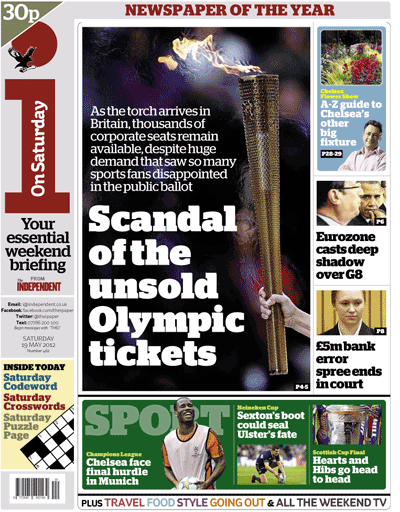
Your support helps us to tell the story
From reproductive rights to climate change to Big Tech, The Independent is on the ground when the story is developing. Whether it's investigating the financials of Elon Musk's pro-Trump PAC or producing our latest documentary, 'The A Word', which shines a light on the American women fighting for reproductive rights, we know how important it is to parse out the facts from the messaging.
At such a critical moment in US history, we need reporters on the ground. Your donation allows us to keep sending journalists to speak to both sides of the story.
The Independent is trusted by Americans across the entire political spectrum. And unlike many other quality news outlets, we choose not to lock Americans out of our reporting and analysis with paywalls. We believe quality journalism should be available to everyone, paid for by those who can afford it.
Your support makes all the difference.
In the end Mark Zuckerberg emerged as "only" the world's 25th richest person. As I said, I do not begrudge him. He earned it building Facebook from scratch, a social network that has brought huge pleasure to hundreds of millions.
Most of Facebook's naysayers tend not to use it. Unlike them, I do not overly worry about its impact on our young. Like PSPs, DS and Wii, Kinect, BlackBerrys, MSN, IM, BBM, Facetime and so many other digital distractions, not to mention reality television and sport on TV, our young absorb each "new new thing" as just another leisure option - should their families be fortunate enough to be able to afford them. Of course we should monitor our children's consumption and educate them not to reveal too much (especially through images) and leave themselves vulnerable to strangers, but I do not fear a generation of Facebook addicts.
But I wonder about Facebook's future. I will not be the first to point out that now it is public it will have to justify its $100bn valuation and continue to grow. Facebook only really has one asset: us, its users (30 million in the UK). How will we react to an exponential increase in the advertising served to us especially on mobile devices – say, every time we change status? Many users regard Facebook as a haven from commerce and strangers. I recently scolded a friend for posting something too unguarded. The reply? "Facebook's for friends, I'd never say that on Twitter."
Before you write in, I know nothing digital is truly private. My point is, this haven notion is what makes Facebook special for 901 million users. Social networks quickly lose their raison d'etre when they forget what their users like. Don't believe me? Who remembers Friends Reunited, Bebo, or... MySpace?
Join our commenting forum
Join thought-provoking conversations, follow other Independent readers and see their replies
Comments